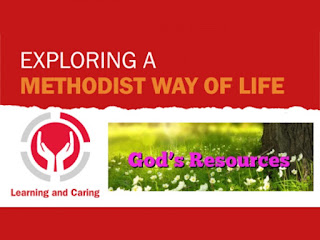- What issues of injustice are you currently concerned about?
Many of the issues of injustice can seem so remote, far away and beyond our grasp. We almost seem to be so helpless as we face so much oppression, tyranny and victimisation. Although our concern is real we seem to be so helpless to do anything. What issues concern us today?
As Christians we are called to forgiveness, yet we are also commanded “Be angry and do not sin” (Ephesians 4:26). In righteous indignation, Jesus overturned the tables of money changers who were defiling the temple (Matthew 21:12). The Son of God had harsh words for religious leaders who led people astray, blocking their entry into the kingdom of God. He called them a “brood of vipers” (Matthew 23:33), “whitewashed tombs, which look beautiful on the outside but on the inside . . . are full of hypocrisy and wickedness” (Matthew 23:27–28).
The Bible makes social justice a mandate of faith and a fundamental expression of Christian discipleship. Social justice has its biblical roots in a triune God who time and time again shows his love and compassion for the weak, the vulnerable, the marginalised, the disenfranchised, the disinherited. “For Christians, the pursuit of social justice for the poor and oppressed is the decisive mark of being people who submit to the will and way of God,” writes Tim Dearborn in Reflections on Advocacy and Justice.
Biblical references to the word “justice” mean “to make right.” Justice is, first and foremost, a relational term — people living in right relationship with God, one another, and the natural creation. From a scriptural point of view, justice means loving our neighbour as we love ourselves and is rooted in the character and nature of God. As God is just and loving, so we are called to do justice and live in love.
Singing the Faith 702 maybe a statement of Christian Intention on the subject of Social Justice.
I will speak out for those who have no voices;
I will stand up for the rights of all the oppressed;
I will speak truth and justice;
I’ll defend the poor and the needy;
I will lift up the weak in Jesus’ name.
I will speak out for those who have no choices;
I will cry out for those who live without love;
I will show God’s compassion
To the crushed and broken spirit;
I will lift up the weak in Jesus name.
Dave Bankhead, Ray Goudie, Sue Rinaldi and Steve Bassett
(C) Authentic Publishing CCLI 814800







